The Algarve "breathes a great Christian identity" and, with "the works of art and the beauty of our churches, it is essential to boost religious tourism to bridge the gap between the Catholic Church and the structures of civil society," said the coordinator of the Diocesan sector of Pastoral do Turismo, this Wednesday, December 29, in Vila Real de Santo António.
Father Miguel Neto was speaking during his speech at the signing ceremony of the Cooperation Agreement that the Diocese of Algarve celebrated with various entities in the Algarve, in order to boost religious tourism in the Eastern Algarve.
These entities include the Algarve Regional Coordination and Development Commission (CCDR), the AMAL – Algarve Intermunicipal Community, the Algarve Tourism Region, the Employment and Vocational Training Institute (IEFP), the Regional Directorate of Culture of the Algarve Algarve and the Church Factories involved.
From a dream that dates back to 2011, «when the Pastoral de Turismo of the Diocese of the Algarve was created», an «important step» has now been taken towards «the dynamization of religious tourism through the dissemination and promotion of the architectural and cultural heritage of the Algarve's churches », highlighted Father Miguel Neto.
This is a pilot project that "will allow the opening of the churches covered" in the parishes of Alcoutim, Castro Marim, Tavira and Vila Real de Santo António, so that they can be visited by local citizens and tourists, but it will also make these churches become part of the tourist itineraries of the Algarve and that they are “an attraction”, “diversifying the tourist offer of the region”.
“Part of the Church's heritage, for various reasons, has a very limited opening hours and is therefore absent from tourist circuits. Consequently, this limits its promotion and visitation, as well as the eventual income that could arise”, he added.
Therefore, "it is essential to create mechanisms of sustainability for the community, but, at the same time, place the Church's buildings at the service of civil society to guarantee the sustainability of the people."
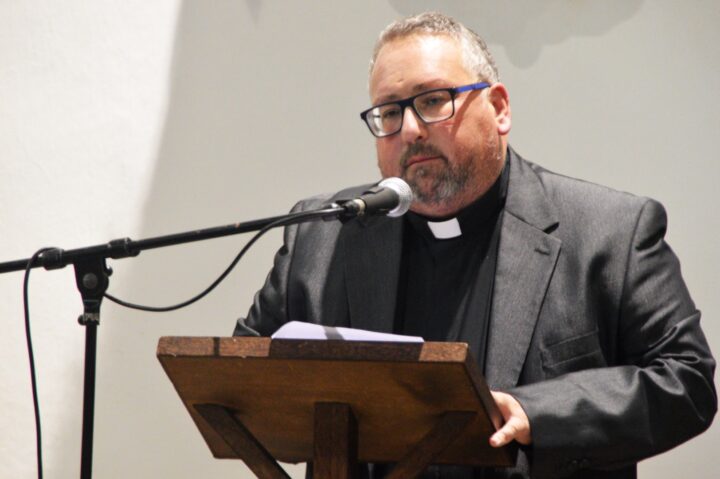
Among the objectives set out in this agreement is the need for the Diocese "to place the Church and what it has at the service of civil society, even if it is to improve people's conditions and create jobs, direct or indirect," underlined the coordinator of the Diocesan sector of the Pastoral do Turismo, stating that "this is the social sphere of the Church."
The project will train 40 unemployed people, from citizens with difficult integration into the community, to some with disabilities, while also trying to promote the religious heritage of the interior, "combating geographical asymmetries".
«With the exception of two cities, Tavira and Lagos, it is in the churches in the interior of the Algarve that you can find the greatest beauty and the richest heritage, as that was where the economic capacity was found in recent centuries. But it is the churches on the coast that have the greatest number of visits», he explained.
The first step to be taken towards the implementation of this Cooperation Agreement will "focus on the training of staff in the parishes of the churches, which will be provided by the IEFP".
Later, the churches will be prepared so that they can be visited, with "the creation of circuits inside and outside, promotional leaflets and explanations for each altar, both documents in different languages", as well as "will be thought of merchandising for sale".
Leaving "a word of commitment and encouragement to the mayors", Father Miguel Neto stressed that, "in the first period, the training and remuneration of these people is assured, but it is necessary that, in a second phase, there is also the will of the municipality to enhance the opening of churches and helping parishes to maintain these jobs».
“Municipalities must know that an open church is much more visitable than a tourist office or any other attraction,” he said.
«This work has to be done together with all the partner entities and with all the municipalities, as it is part of the Tsar of our Algarve», guaranteed the coordinator of the Diocesan sector of Pastoral do Turismo.
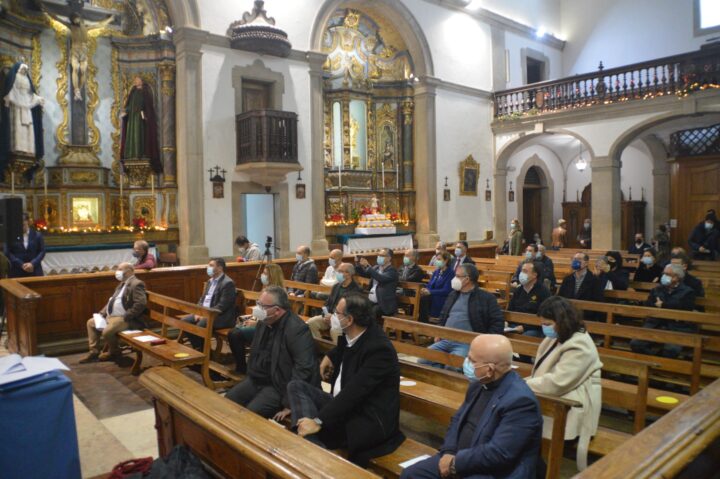
D. Manuel Quintas, bishop of the Algarve, affirmed that he had joined "from the outset" to this initiative and said that he was certain that "in this way, it will be possible to access a significant part of the heritage of these locations", something important, since, "as the experts say, the religious heritage constitutes about 80% of the cultural heritage of our country."
“We must unite to promote, value and make known the testimony that the peoples of the Algarve have bequeathed to us over the centuries and which is condensed precisely in their churches, in an eloquent and wise way, as they knew how to combine faith, art and culture, in a mosaic of plastic manifestations to which no one remains indifferent»
The bishop of the Algarve also stressed that «we will do everything to move this project from being a pioneer to a helmsman, so that, taking advantage of the experience gathered in the region, it can also be celebrated in other parishes in the Algarve».
During his speech, José Apolinário, president of CCDR Algarve, underlined that this "is a pilot project" and that it is part of the "social innovation area", in terms of the creation of a product for religious tourism.
António Pina, AMAL's president, pointed out that this initiative "qualifies the Algarve" insofar as "the region is not just sun and beach and it has to qualify and have other answers".
João Fernandes, president of RTA, in turn, explained that "being a pioneer, this is a reason for pride for the Algarve, which is the main tourist region in the country". The project, he added, demonstrates how "one can take advantage of material and immaterial wealth to dynamise the heritage that symbolizes and reflects the roots of the places where it is located and of what we ourselves are."
During the ceremony, the Secretary of State for Tourism Rita Marques and the Minister of Labour, Solidarity and Social Security Ana Mendes Godinho were also present, in previously recorded video format.
Photos: Rúben Bento | Sul Informação
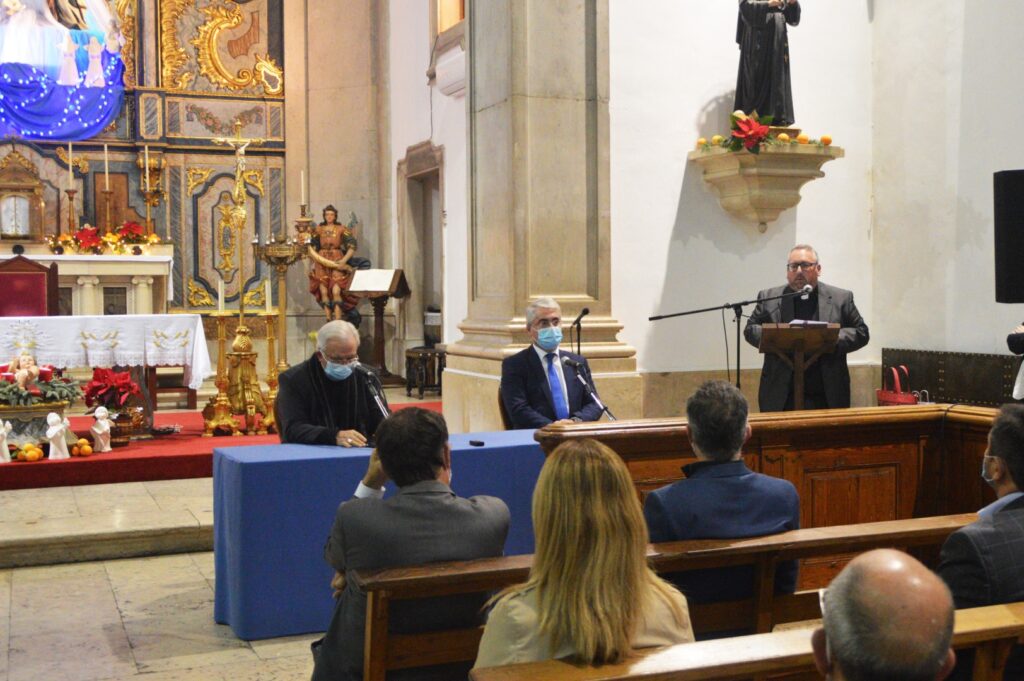
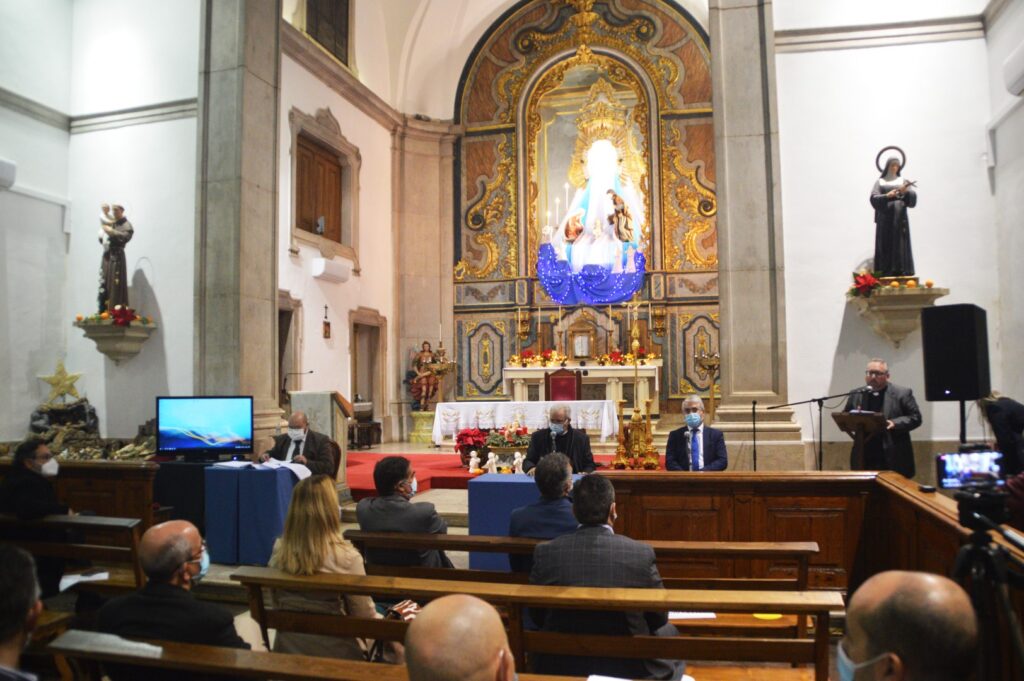
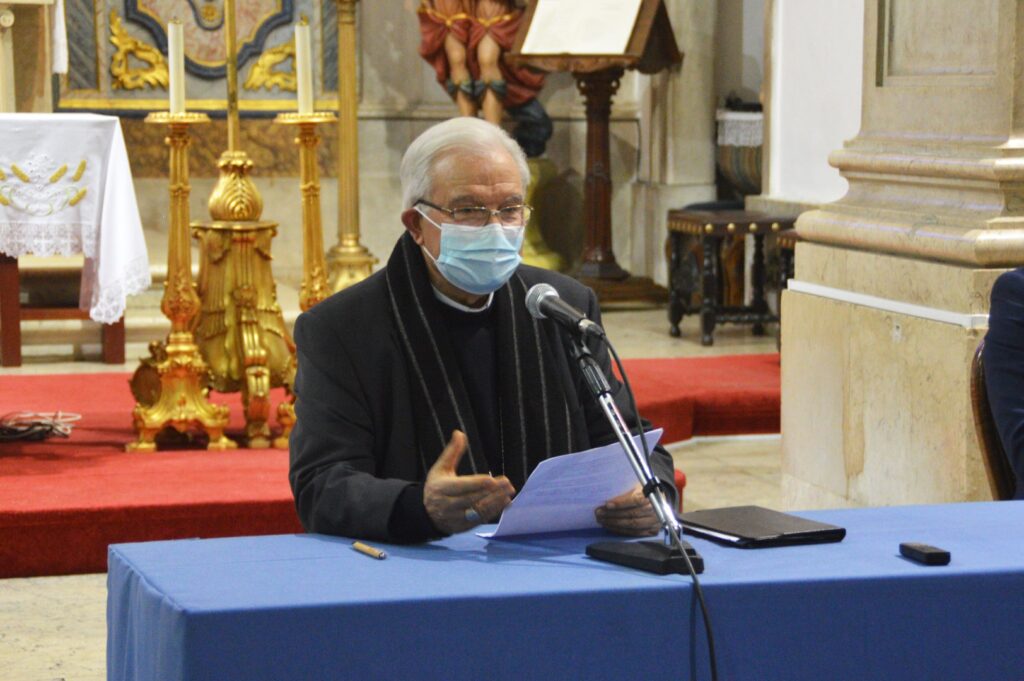
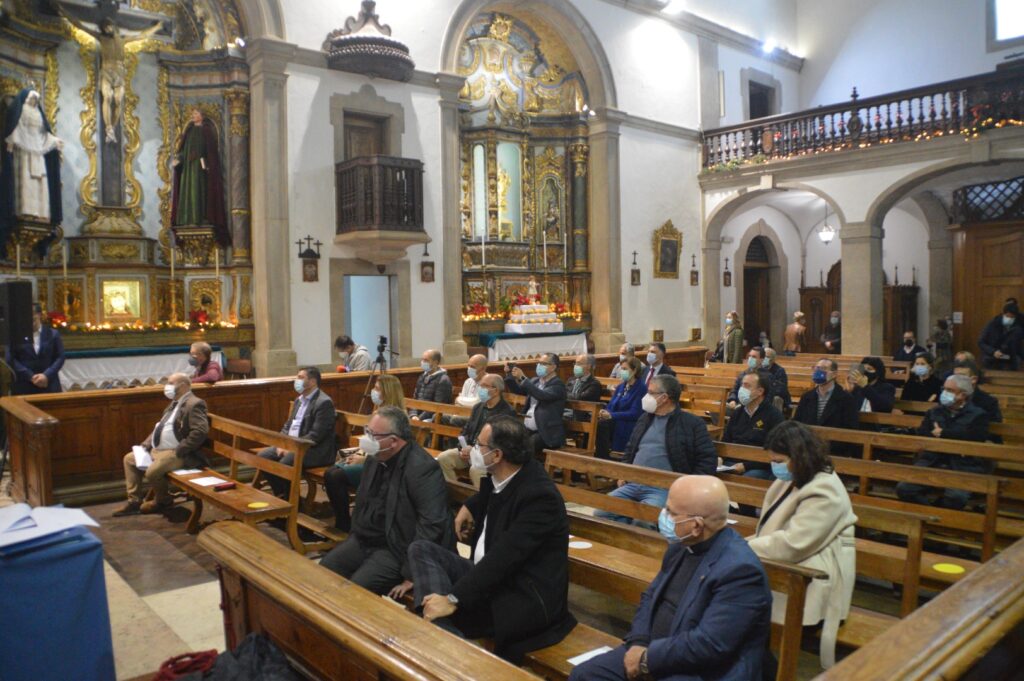
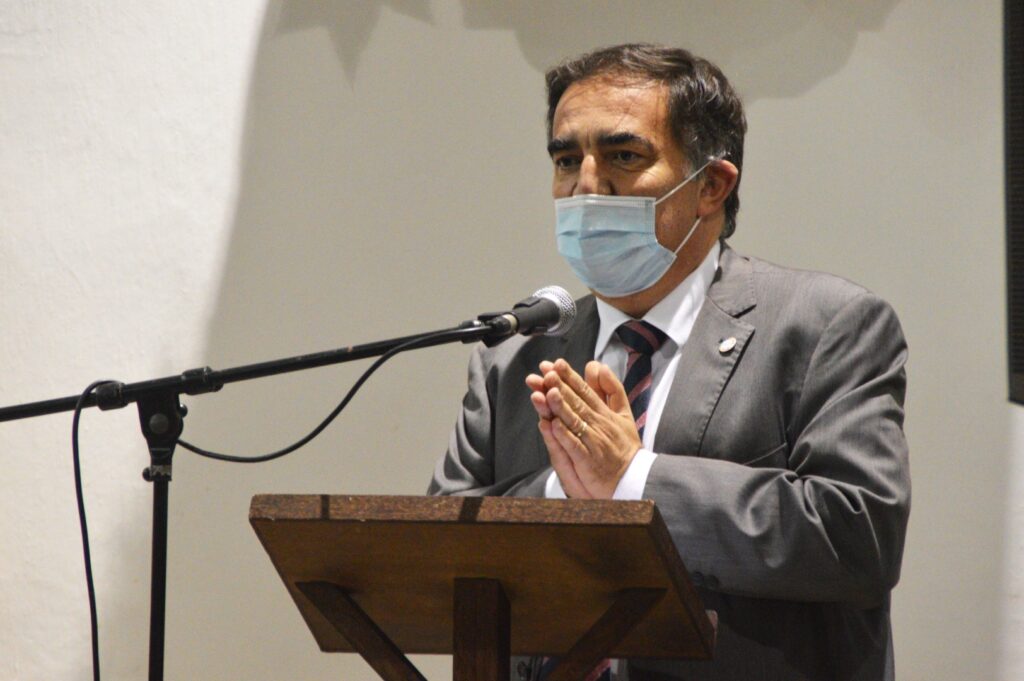
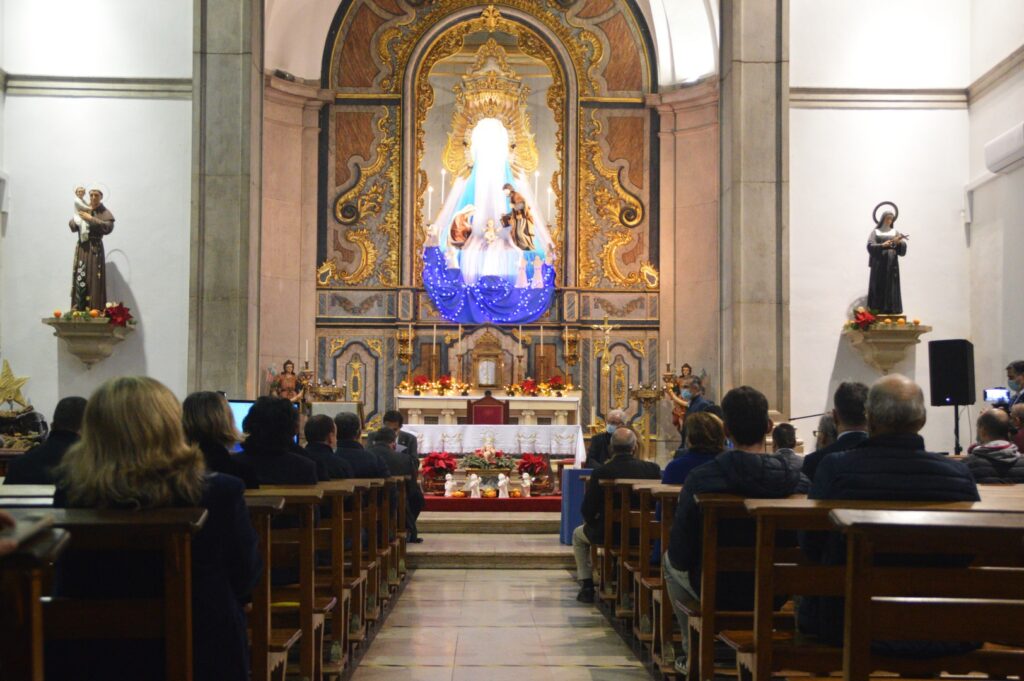
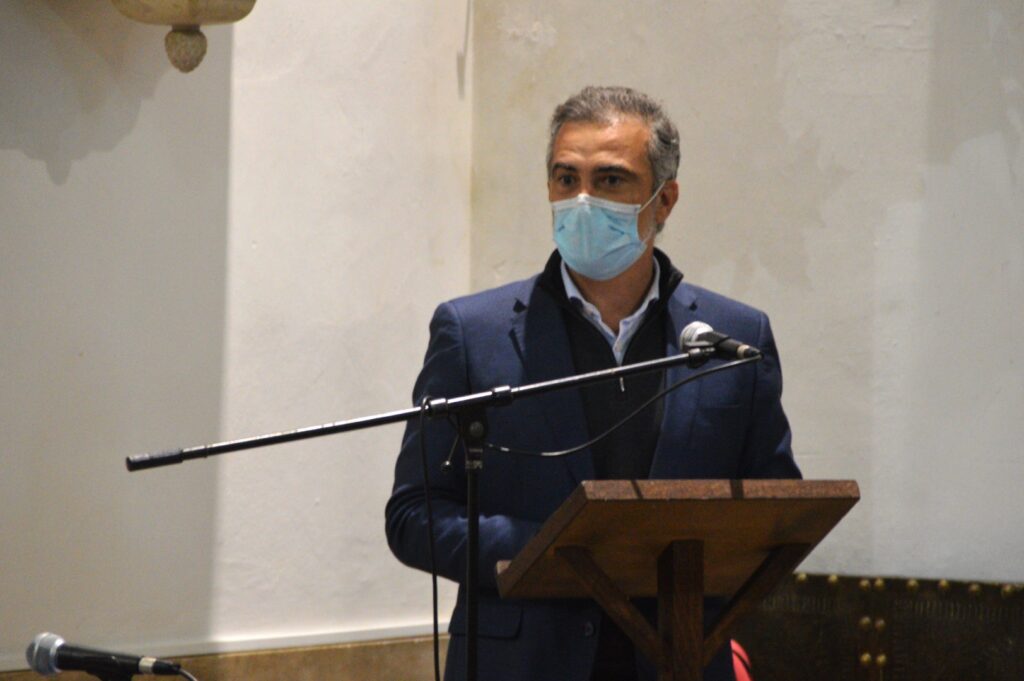
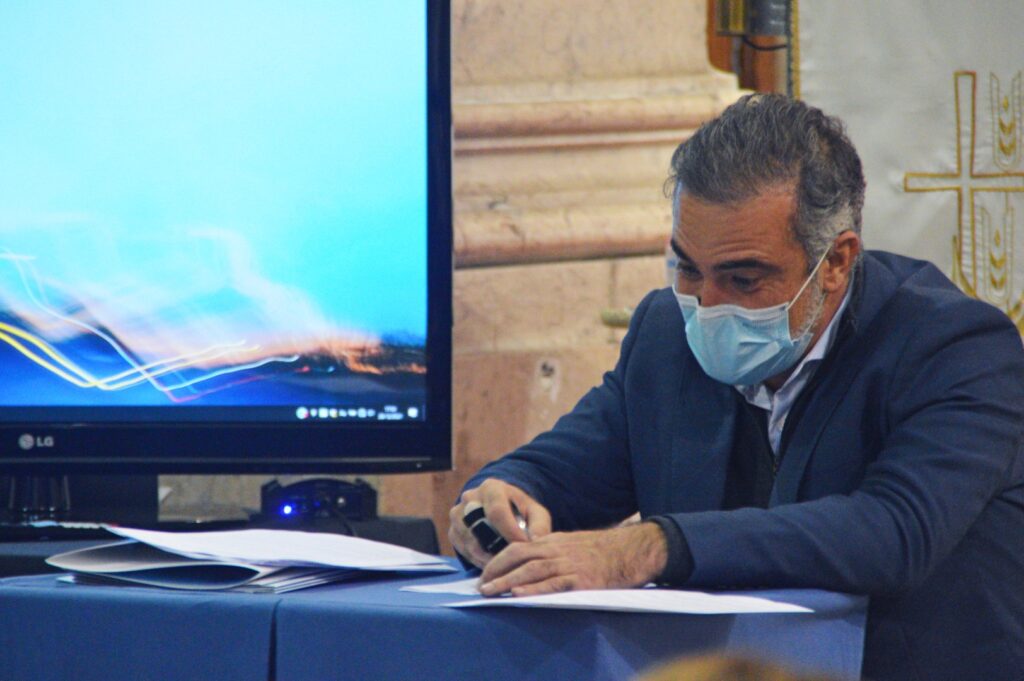
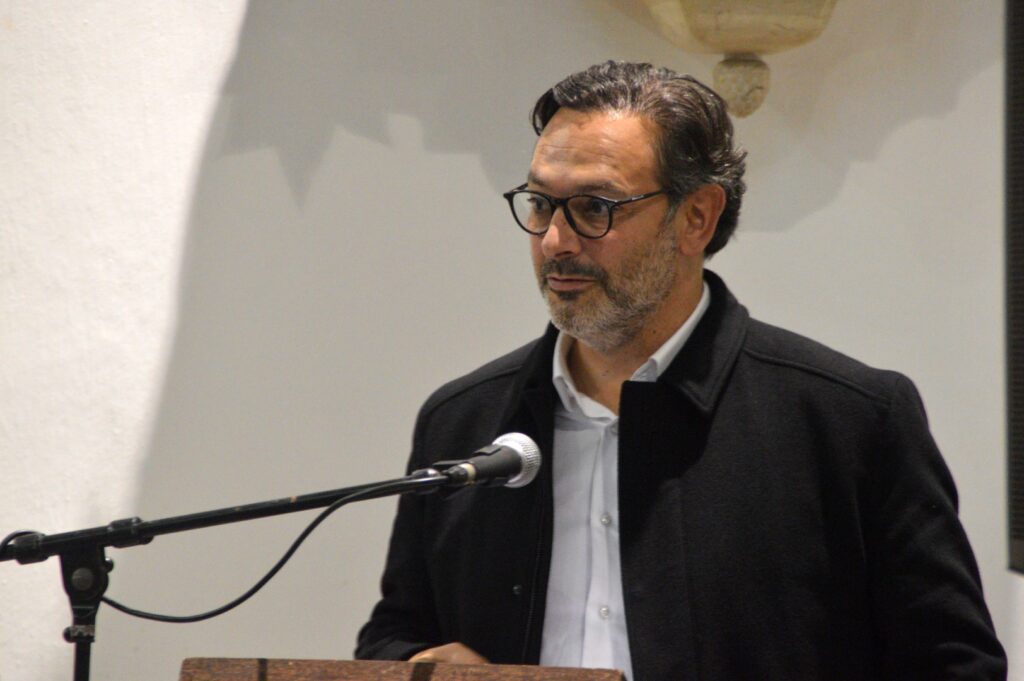
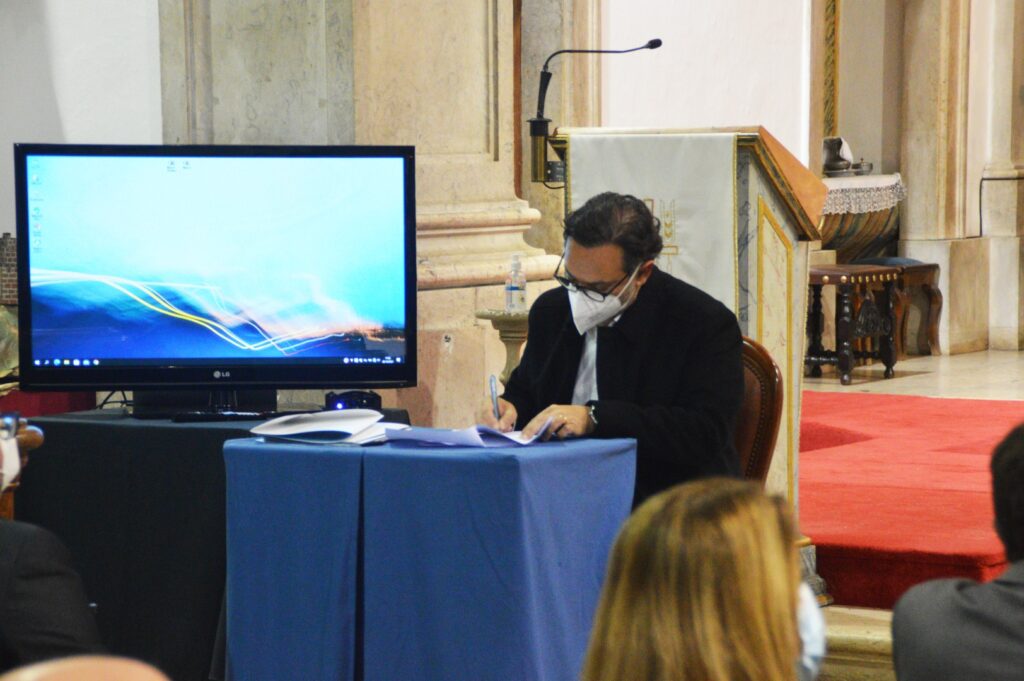
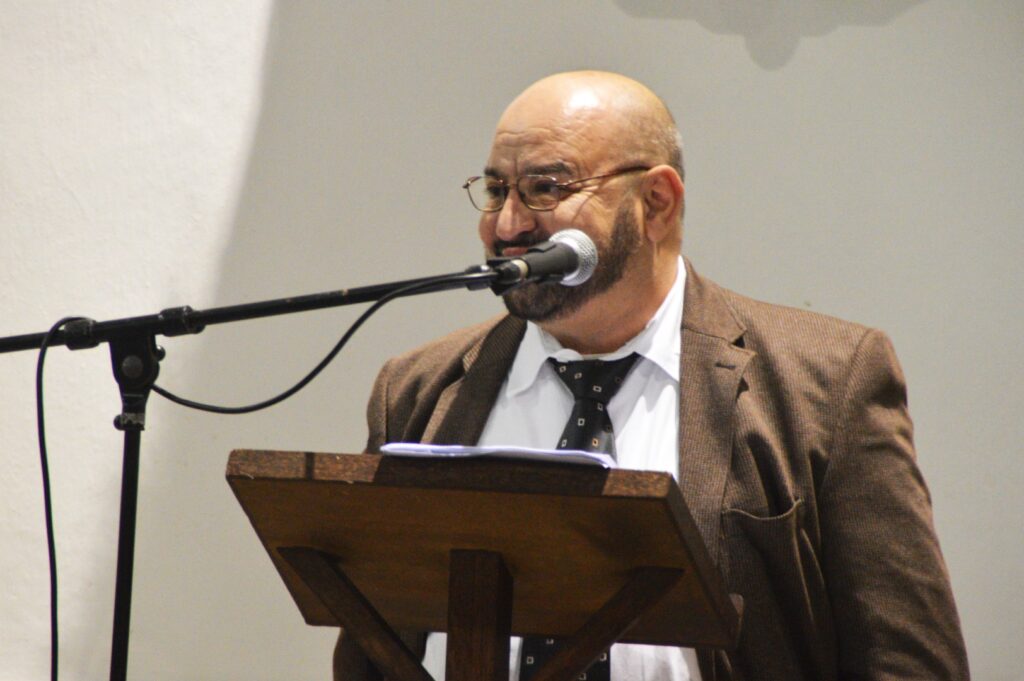
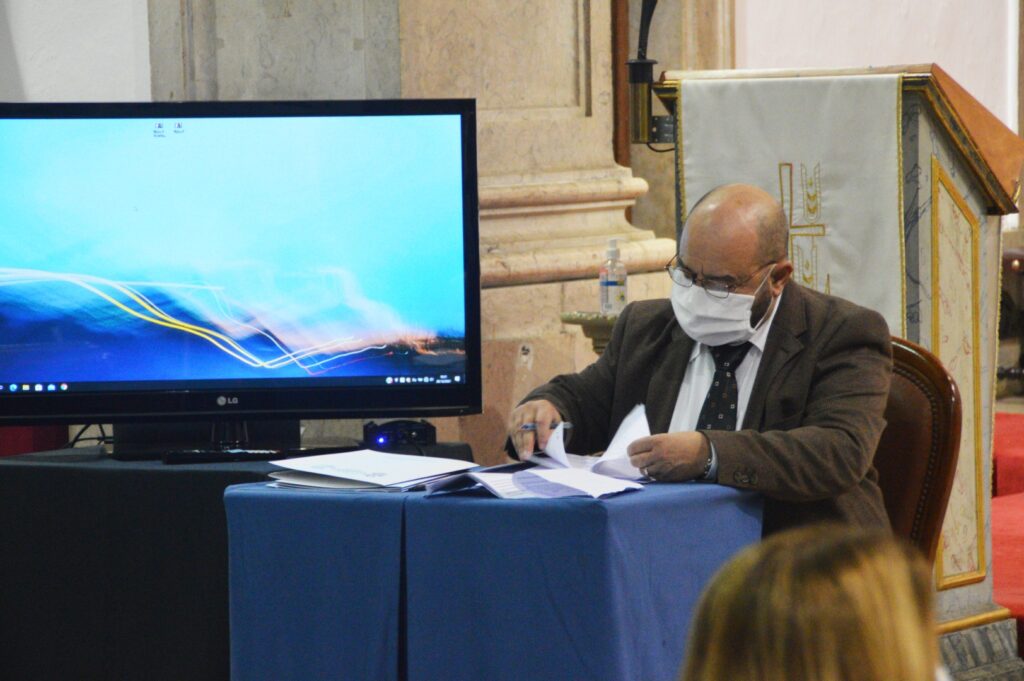
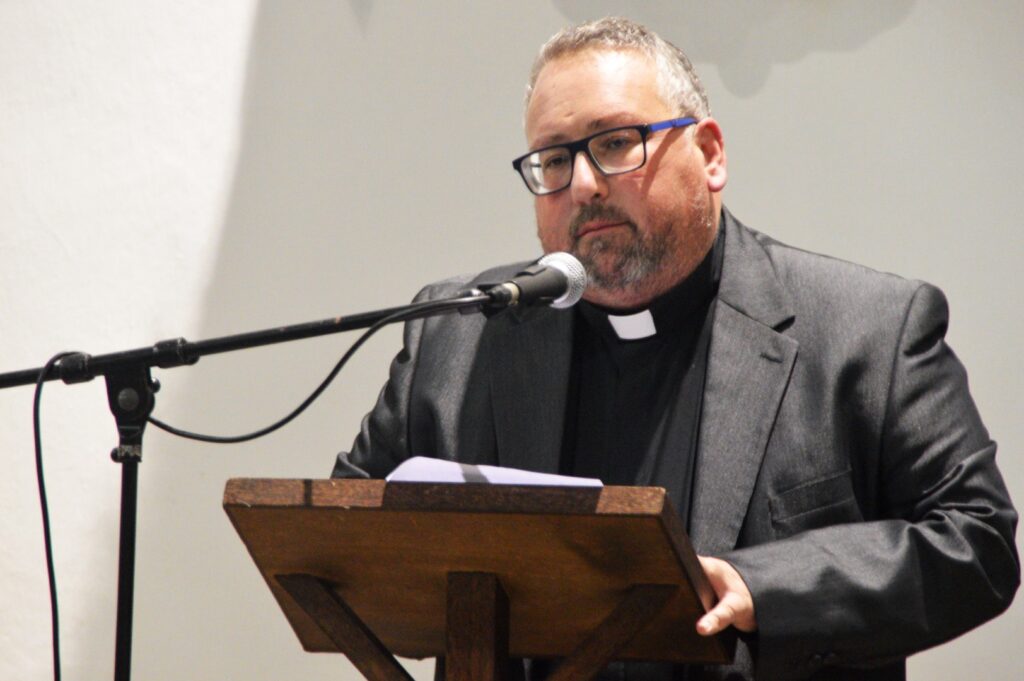
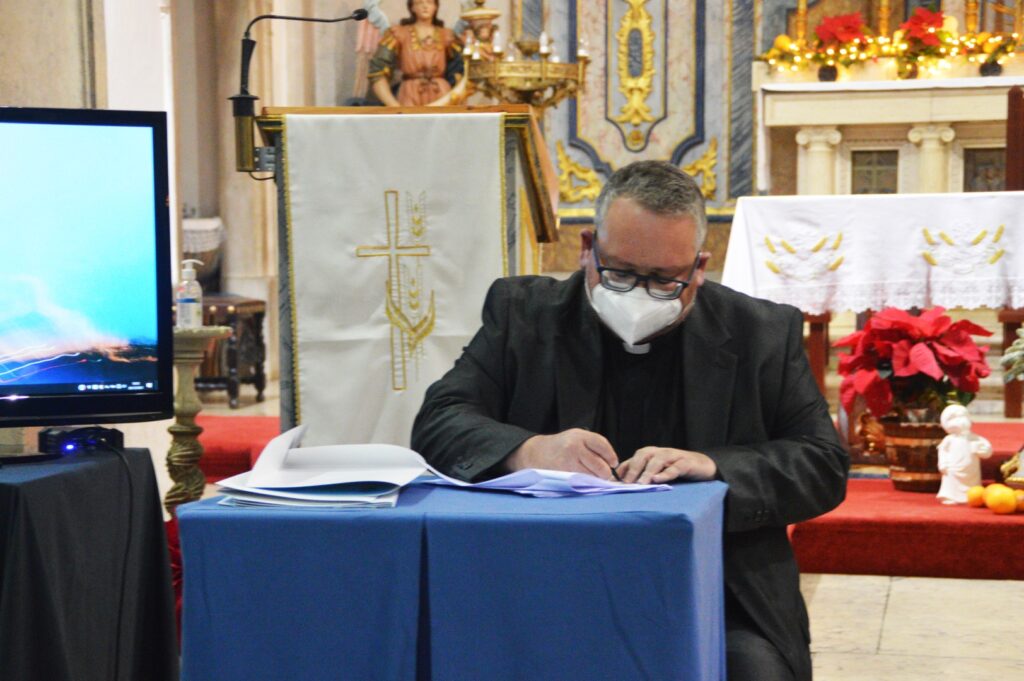
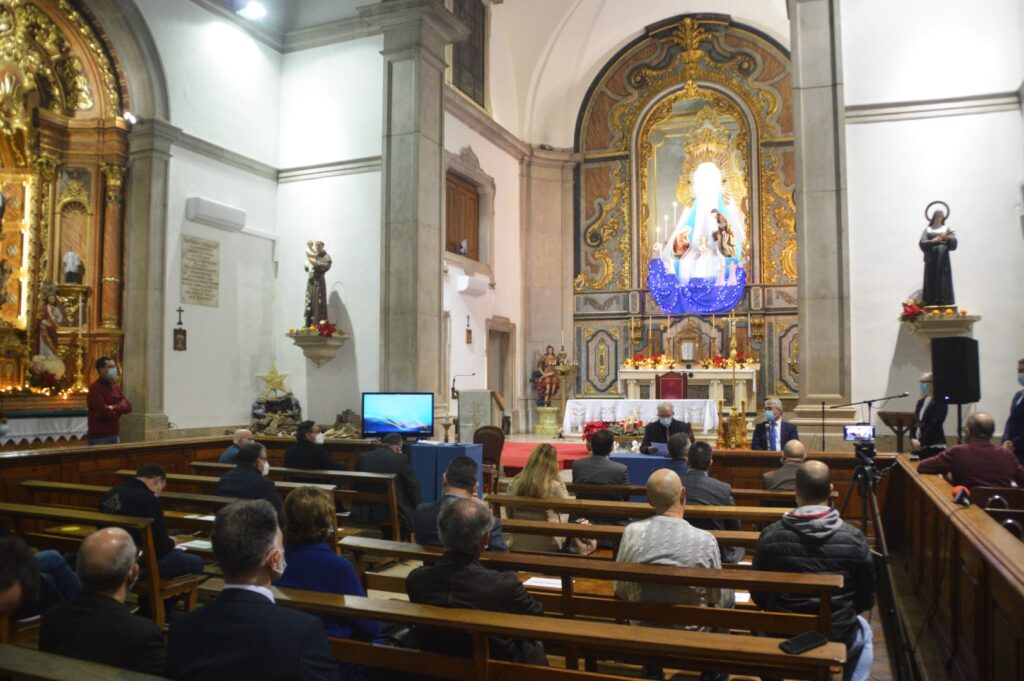
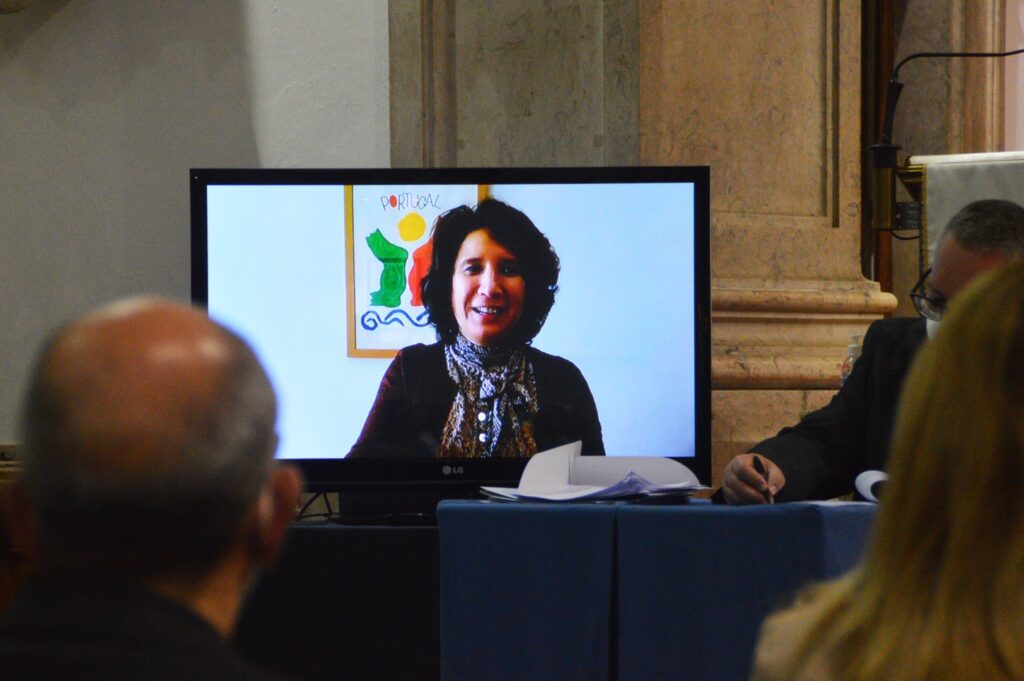
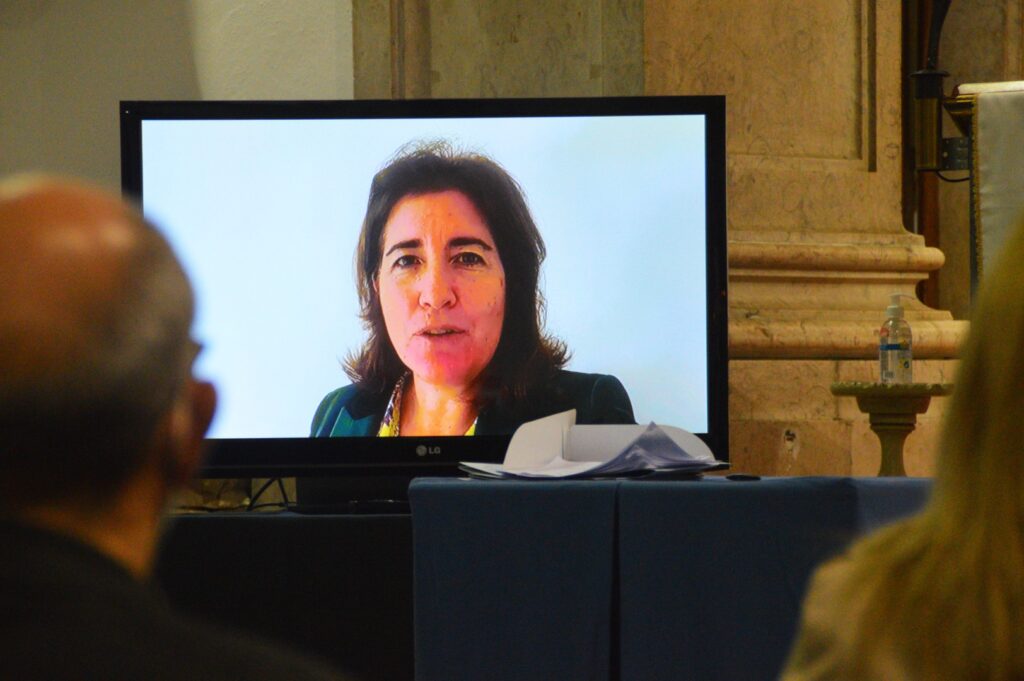



















Comments